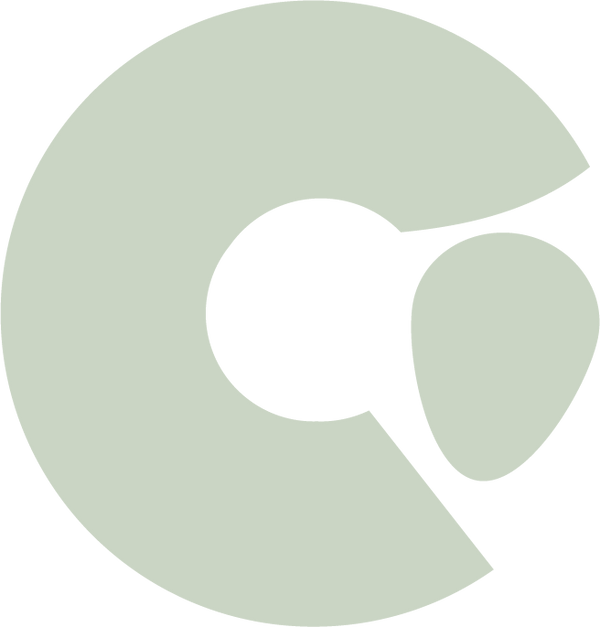
Tallow vs Vegan Soap
Share
When choosing a soap, many people assume that vegan = sustainable—but the truth is more complicated. Most vegan soaps rely on crops like soy, palm, and coconut oil, which contribute to deforestation, monoculture farming, pesticide use, and high carbon emissions. In contrast, tallow soap, made from grass-fed animal fat, supports regenerative agriculture, reduces waste, and has a lower environmental impact. Here’s why:
1. One Animal = Multiple Uses, Less Waste
A single grass-fed cow provides numerous essential products—meat, bones, leather, milk, and fat—ensuring nothing is wasted. Tallow is a byproduct that would otherwise be discarded, making it a true upcycled ingredient.
In contrast, vegan soap oils come from intensive agriculture, which requires enormous land, water, and energy use—without the multi-purpose benefits that animal agriculture provides.
2. Regenerative Farming Sequesters Carbon
Grass-fed livestock enrich the soil through rotational grazing. Their dung naturally fertilizes the land, improves biodiversity, and sequesters carbon, pulling CO₂ from the atmosphere into the soil. This helps reverse climate change rather than contributing to it.
Meanwhile, monocrop farming for vegan soap ingredients like soy, palm, and coconut depletes soil health, requiring synthetic fertilizers, which release nitrous oxide—a greenhouse gas 300x more potent than CO₂.
3. Vegan Soap Kills More Animals Than You Think
Plant-based soap ingredients might avoid direct animal products, but their production destroys countless animal lives through:
❌ Heavy pesticide use, killing bees, butterflies, and soil microorganisms
❌ Rodent and bird extermination, as they are considered pests in industrial farming
❌ Deforestation, displacing orangutans, elephants, and countless other species
One well-raised, grass-fed animal provides a sustainable source of tallow, whereas vegan soap ingredients contribute to mass wildlife destruction.
4. Industrial Farming vs. Local Sourcing
Many vegan soap ingredients—coconut oil from the Philippines, palm oil from Indonesia, and soy from Brazil—are grown on industrial farms that destroy rainforests and ecosystems. These ingredients must then be transported thousands of miles, burning fossil fuels at every step.
In contrast, tallow is often sourced locally, supporting small, ethical farms with a lower carbon footprint.
5. Tallow Soap is More Moisturizing & Lasts Longer
Tallow is structurally similar to human skin oils, making it an ultra-nourishing and deeply moisturizing ingredient. It contains:
✔ Vitamins A, D, E & K, which support healthy skin
✔ Rich fatty acids, like stearic acid and oleic acid, for deep hydration
✔ A long shelf life, meaning less waste and fewer repurchases
Vegan soap often requires synthetic stabilizers or palm-derived glycerin to achieve similar properties, increasing its environmental impact.
6. Water Use: Grass vs. Industrial Crops
People often claim that raising livestock requires more water, but this doesn’t account for green water use—rainwater that naturally falls on pastureland. Grass-fed cattle primarily drink rain-fed water, while industrial crops rely on irrigation, which drains freshwater resources.
For example:
🚰 1kg of soy requires 1,500-2,500 liters of water (irrigated)
🌱 Grass-fed cattle drink rainwater and naturally hydrate pastures
7. Biodegradability & Zero-Waste Production
Tallow soap is 100% biodegradable, breaking down safely without harming the environment. It also requires fewer synthetic additives, unlike some vegan soaps that use chemical preservatives or palm-derived stabilizers.
Plus, tallow soap is often made in small batches, reducing industrial waste. Vegan soap production, on the other hand, often relies on large-scale manufacturing, which contributes to pollution.
8. A Return to Traditional, Sustainable Practices
For centuries, people made soap from locally sourced animal fats. It was efficient, zero-waste, and natural. Only in recent decades has the beauty industry promoted plant-based oils sourced from global supply chains—creating the illusion of sustainability while driving environmental destruction.
By choosing tallow soap from grass-fed animals, you’re returning to a time-tested, sustainable approach that works with nature rather than against it.
The Bottom Line: True Sustainability Lies in Regenerative Farming
The real environmental impact of soap isn’t just about whether it’s plant-based or animal-based—it’s about how the ingredients are grown, processed, and transported.
✅ Tallow soap uses a byproduct that would otherwise go to waste
✅ Regenerative grazing improves soil health & captures carbon
✅ Vegan soap ingredients require deforestation, pesticides & high-emission transport
✅ Tallow soap is local, long-lasting, and biodegradable
If we truly care about sustainability, we need to look beyond marketing labels. Ethically sourced, grass-fed tallow soap is one of the most eco-friendly choices we can make.
Would you reconsider your soap choices in light of this?
See below for purchase options